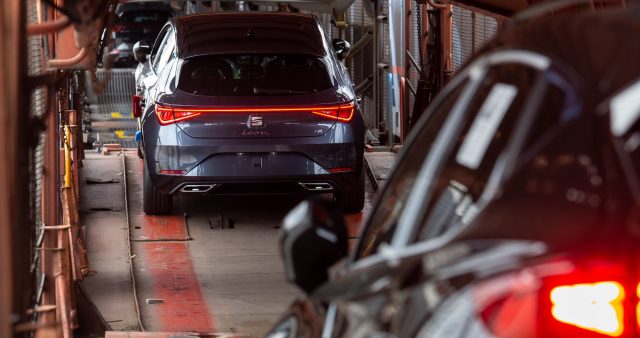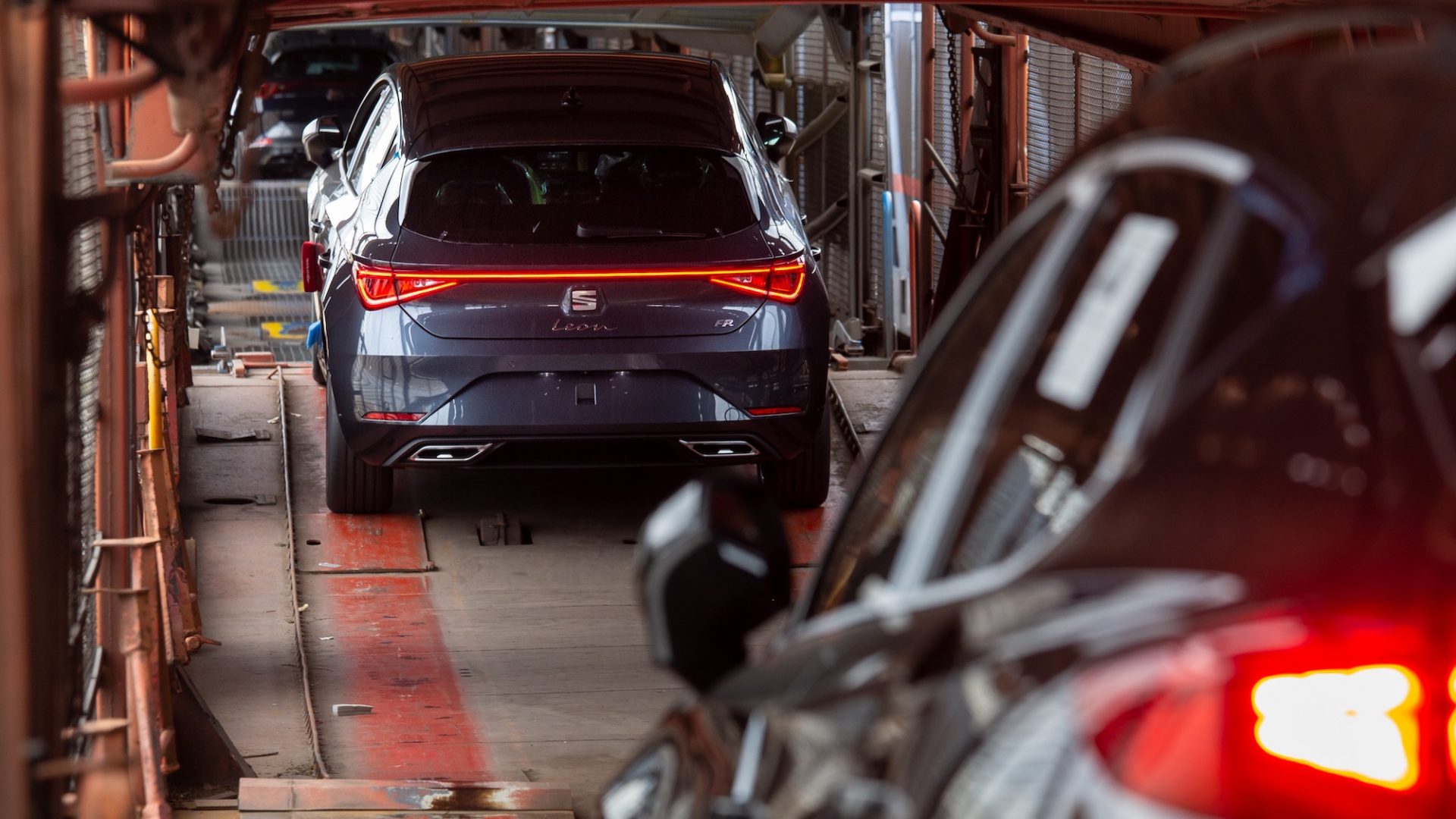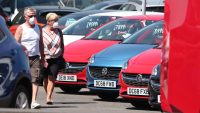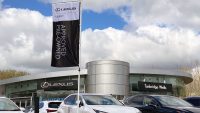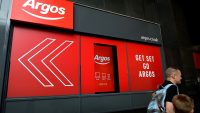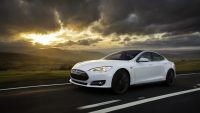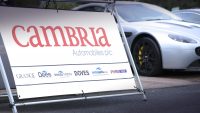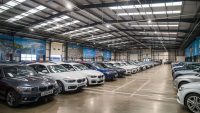Severe shortages of water could be the next ‘crisis’ to face the automotive industry, the boss of Seat and Cupra has warned.
Europe had its driest summer in 500 years in 2022, and with minimal rainfall over winter, many governments have warned of critical shortages. While many consider the impacts on farming and landscapes, the water used in manufacturing is often overlooked.
According to water treatment company Ecolab, up to 4,000 litres of water are used to make just one car, correlating to roughly the average number of litres of water a person uses a month.
Wayne Griffiths, chief executive of Seat and Cupra, which has various factories in Spain, has said he is ‘concerned’ by these shortages and believes it will be the ‘next crisis’ after the semiconductor shortage, which has been crippling carmakers since the Covid-19 pandemic began.
Speaking to Car Dealer at the reveal of the new electric Cupra Tavascan SUV, Manchester-born Griffiths said: ‘Though semiconductor situation is improving, we’re going to hit the next crisis, which I think is going to be a crisis of water.
‘Nobody has it really on their agenda, but it’s been very dry in southern Europe, and I was talking to the minister for Catalunya on the situation because I am concerned, and that could be the next impact we have. Obviously, we can take seawater and desalinate it, but that’s very energy intensive. But we need some rain because car manufacturing needs water.’
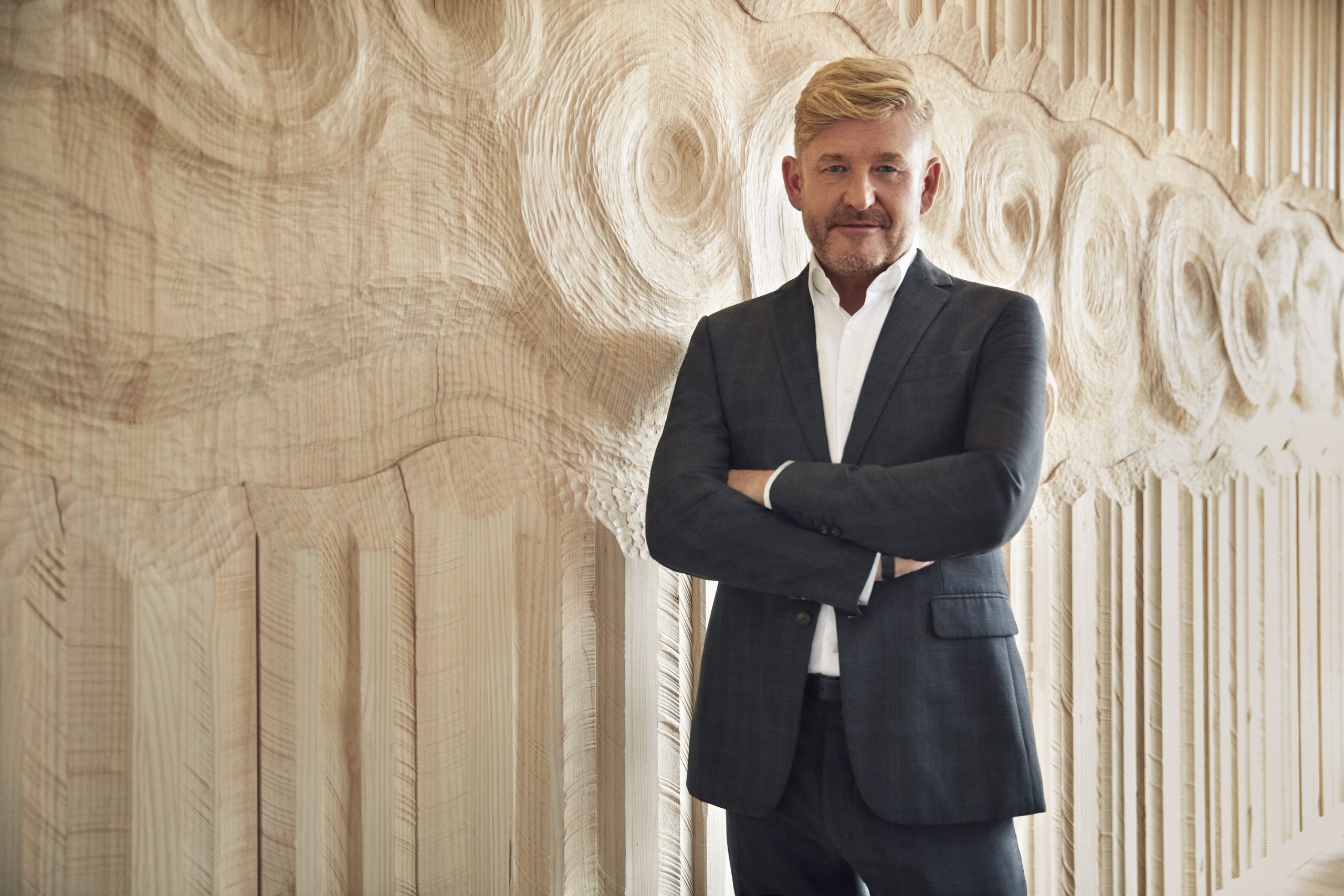
Seat and Cupra CEO Wayne Griffiths
Cupra prioritised over Seat
Griffiths also spoke about how Cupra has been prioritised over Seat in recent years, helping to explain the latter’s fall in sales. Seat registered just 22,200 cars in the UK 2022, a steep 48.4 per cent fall on the previous year, while Cupra’s registrations surged 87.4 per cent to 14,400 cars in Britain.
He said: ‘I think the conclusion that Cupra’s growing to the detriment of Seat is very unfair, because the detriment of Seat only has one reason at the moment and that’s the lack of semiconductors. It’s certainly not the lack of demand. Our level of demand for Seat is as high as it’s ever been.
‘We had to make a strategic decision and set our priorities, and when we didn’t have enough semiconductors, we decided to prioritise Cupra, which unfortunately had a negative effect on Seat.
‘We did that for margin reasons, and obviously with reduced volumes, we have to stay profitable as a company. And also to protect Cupra. You can’t launch a new brand and then not deliver. That would be a real flop. We couldn’t do that, and so for those two reasons we prioritised Cupra.’
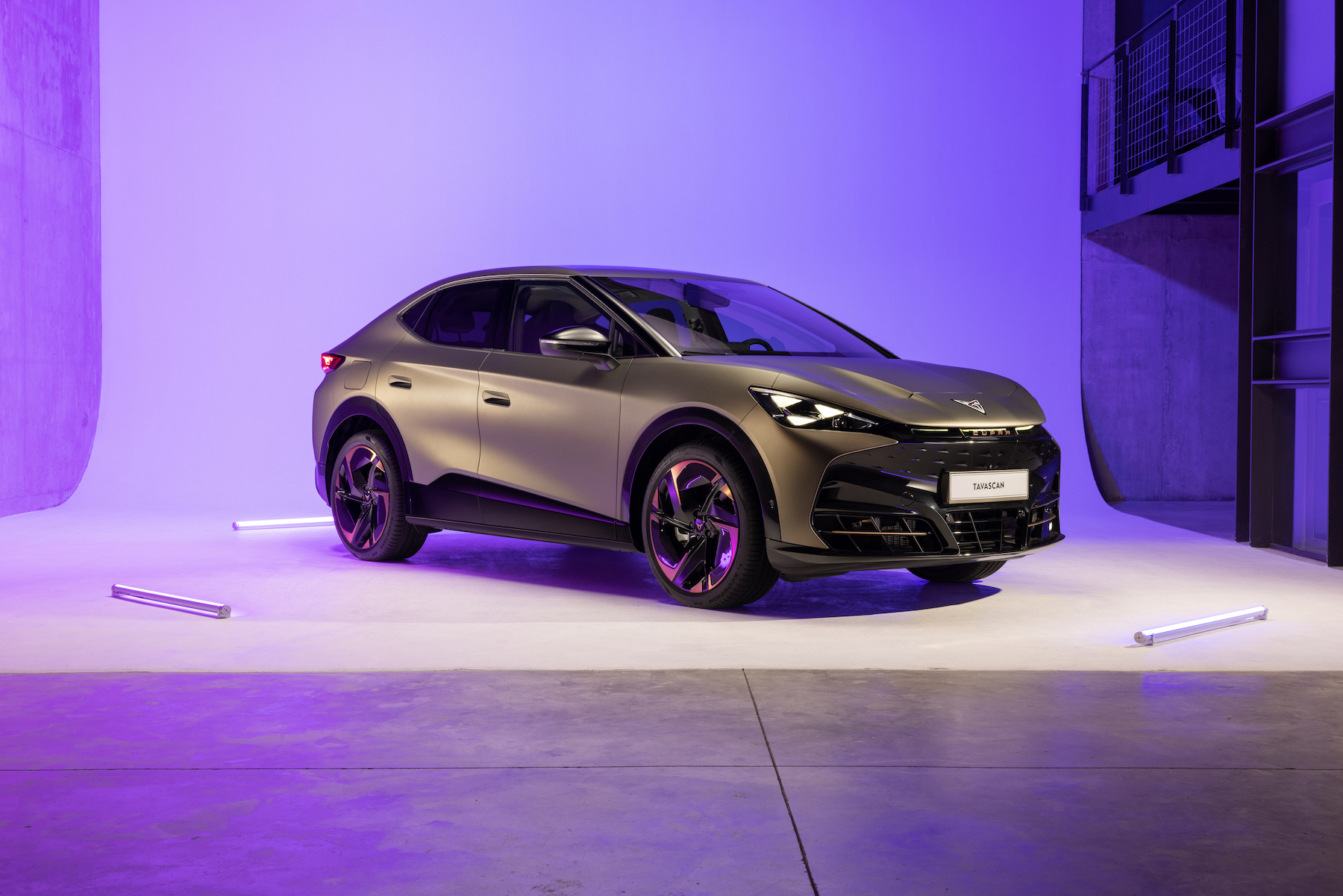
Many have raised doubts over Seat’s future, with the Spanish firm seemingly putting all its effort behind Cupra, and little behind Seat. It’s been more than three years since Seat introduced its last new model with the fourth-generation Leon.
In that time Cupra has launched three cars – the Formentor, Leon and Born – and has several more on the way, including the Tavascan (pictured above) and Terramar due on sale in 2024. There will also be the production version of the compact Urban Rebel concept car in 2025, which is expected to turn into the first electric Seat shortly after.
But Griffiths was clear that Seat still has a future alongside Cupra, adding: ‘Cupra will help Seat, it will give it a future of electric cars from 2025 onwards. Cupra has allowed us to electrify Seat as a company much earlier than I would have ever dreamed of with the Urban Rebel.
‘If things go well then we see that not only is Cupra growing exponentially but Seat is also growing and coming back to where it was and at a strong rate.’
- Join our breaking news WhatsApp group
- Have your say in the Car Dealer Power 2023 survey
- Sign up for daily email Car Dealer news bulletins
- Listen to the latest Car Dealer Podcast
- Read the latest digital issue of Car Dealer Magazine
- Create a Car Dealer account to access premium content
The post Shortage of water could be the next crisis for the car industry, warns Seat boss appeared first on Car Dealer Magazine.
